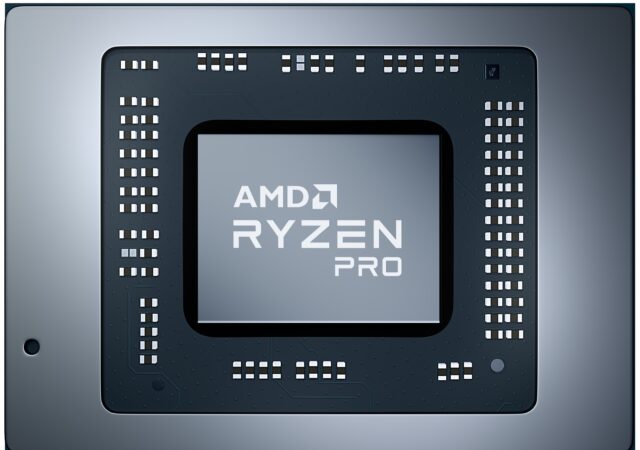AMD released the AMD Ryzen PRO 4000 series mobile CPUs for the working professionals. The new, more powerful CPUs are also more secure.
Realme X50 Pro 5G Announced In India!
Realme first phone to come with Qualcomm’s Snapdragon 865 processor has been officially launched in India!
HUAWEI Mate 30 Pro 5G Coming to Malaysia?
If you kept up with the tech scene as of 2019, there would be one topic that is a little more outstanding that others. No, not foldable devices. Nope, not even flexible glass, or roll-able TVs like LGs. The hottest…





